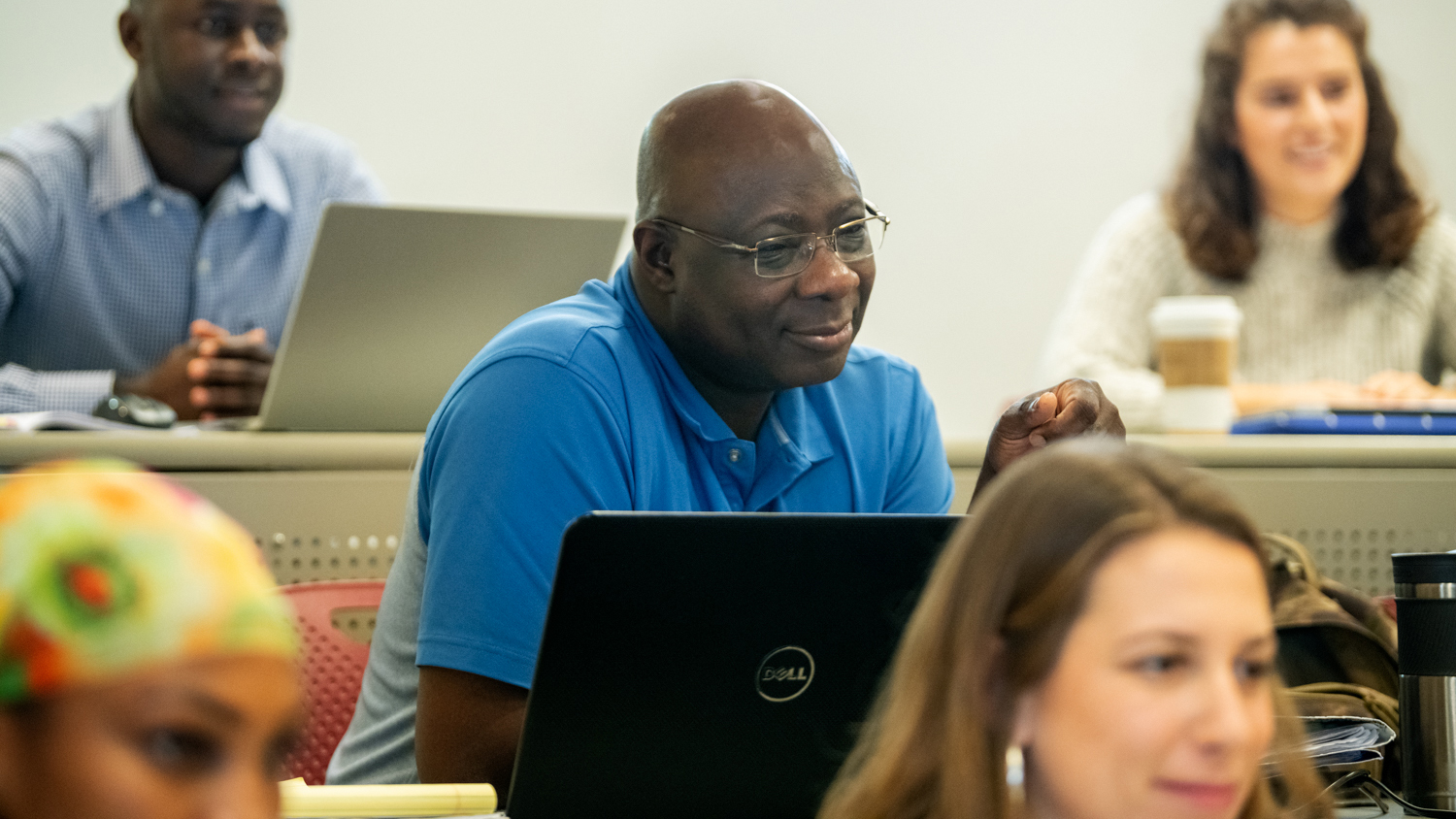
The curriculum of the master's program in Conflict Resolution and Coexistence ensures that participants secure a solid grounding in the theories of contemporary coexistence and conflict prevention work, as well as the professional skills to design and implement successful interventions to deal with the challenges of such conflicts.
The 56-credit curriculum includes one academic year in residence (32 credits) followed by six months of combined fieldwork (12 credits) and a final paper, leading either to an internship report, a master's paper or master's thesis (12 credits). The program is designed to help students learn to foster inter-communal and international cooperation in the face of tension and conflict. The approach is interdisciplinary, drawing from fields as diverse as social psychology, international politics, sociology, law, anthropology and cultural studies.
Students will gain the ability to:
Analyze Conflict
- Research the root causes, structural and psycho-cultural theories of conflict
- Understand the role of leadership, identity and process of social change
- Demonstrate complex knowledge of a specific context’s political, historical, socio-economic and institutional components
Structure and Evaluate Interventions
- Design, plan and implement strategic interventions that prevent, mitigate or resolve intercommunal conflicts and violence.
- Partner with local, national, international and regional organizations
- Fundraise and write grants
- Monitor and evaluate to ensure positive impact
Engage People and Partners
- Master personal, cross-cultural and institutional agility
- Operate with an awareness of power dynamics and structural injustices
- Assess ethical complexities
- Secure and develop partnerships
- Foster dialogue through empathetic facilitation, mediation, and negotiation
Specialize:
- Develop regional or national specializations
- Concentrate on focus areas such as politics and governance, security, development, transitional justice, interfaith work, humanitarian action and more
- Expand regional language skills
